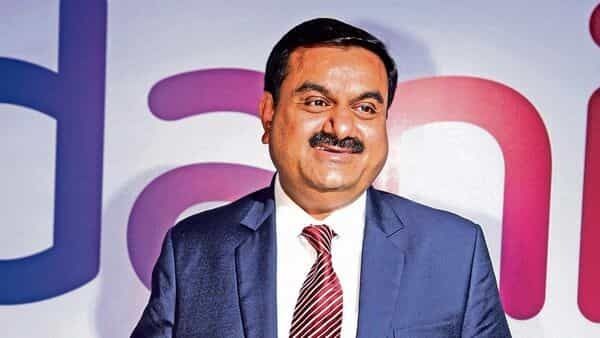
Roshni, 40, is the non-executive chairman, while Nadar,77, is chairman emeritus and a strategic adviser to the board. Roshni’s husband, Shikhar Malhotra, is also a non-executive director on the 13-member board of HCL Technologies.
Earlier this month, HCL asked its shareholders to vote on the reappointment of Roshni as a director. The Nadar family owns 60.72% of HCL. Unsurprisingly, the resolution saw a 94.5% nod from all the shareholders.
But not before public institutions, which own about 33.2% of the company, expressed some unhappiness. About a fifth or 18% of the large institutions voted against Roshni’s candidature.
There is no publicly available data on how shareholders voted when Roshni was first inducted into the board in 2013.
The voting record on director appointments is available only from 2018. Then 12.7% of large investors rejected Roshni’s candidature.
The thirty-second edition of this newsletter analyzes why some large investors of HCL Technologies are unhappy with the chair.
But let us first look at how large investors voted on similar proposals at other technology services firms.
This year, besides HCL, five other IT services firms sought shareholder approval for the reappointment of their promoters.
At Infosys Ltd, only 0.8% of public institutions, who own half of the company, voted against the continuation of Nandan Nilekani as non-executive chairman. At Wipro Ltd, where Rishad Premji took over as executive chairman in 2019, 3% of large investors voted against the continuation of Azim Premji as a director. About 4% of large investors voted against Mindtree chairman A.M. Naik while 5.6% of public institutions said no to the reappointment of Zensar’s chairman Harsh Goenka. Finally, 7.5% of large investors rejected Ashok Soota’s continuation at Happiest Minds Ltd.
It is clear that there were more dissenters at HCL when it came to the chairperson’s reappointment.
So what gives?
Noida-based HCL is the only IT services company that counts its chairman as part of the all-important board’s nomination and remuneration committee (NRC). This is a red flag for many of the world’s largest money managers who advocate that the NRC should comprise only independent directors.
“We are holding the members of the Nomination Committee accountable for failing to ensure that all key board committees are fully independent. We are not supportive of non-independent directors sitting on key board committees," reasoned British Columbia Investment Management Corp. (BCI), a large Canadian pension fund that manages $200 billion in assets, when it voted against the proposal.
The California Public Employees’ Retirement System (CalPERS), which has about $500 billion of assets under management (AUM), and First Sentier Investors, the Australian asset management giant with about $200 billion of AUM, are among the large investors that rejected Roshni’s reappointment, according to filings reviewed by Twich+.
Your writer could not independently ascertain the individual holding of BCI, CalPERS and FSI. But suffice that this voting outcome reflects other large investors’ thinking.
But this cannot be the sole reason behind investor disenchantment. That is because Roshni has been part of the NRC since 2014.
So what explains this rising discontent over the last few years?
In her annual letter to shareholders, Roshni did not find merit in writing about HCL’s performance or discussing the IT services sector. Instead, her 530-word letter to investors dwells on corporate social responsibility. The following graf is the closest she comes to describing her company’s core business.
“At HCL Technologies, we have continued to learn, build and grow efficiently while expanding our client base and growing our share of wallet. With the depth and breadth of our portfolio, our strategy of establishing nearshore presence, and deep relationships with our clients, we remain well positioned to leverage these emerging opportunities."
This omission to talk about the IT business or the road ahead for HCL is odd because a chairperson invariably uses the opportunity to impress upon current and potential investors about the growth prospects for the company.
This prompted an investor to ask if Roshni was reluctant or not interested in managing the company that her father founded.
A spokesperson for HCL Technologies declined to comment.
Managing the board is one of the most critical tasks for a company’s chair. Most companies see a change under a new chairperson.
Since Nilekani returned to Infosys in August 2017, he has reconstituted the board and inducted five members, including chief executive Salil Parekh, to the eight-member board. Rishad’s three-year stint as Wipro chairman has seen the inclusion of four members, including CEO Thierry Delaporte, to the nine-member board.
Under Roshni’s two-year stint, Vanitha Narayanan is the only new face on the board. HCL Technologies’ chief executive C. Vijayakumar also joined the board last year after Nadar stepped down, but he has been the CEO since October 2016.
Twich+ has argued in the past (in the sixth edition) that a chairman-CEO jugalbandi is essential for an IT services company.
Maybe it’s time for Roshni to break her silence and dispel doubts.










